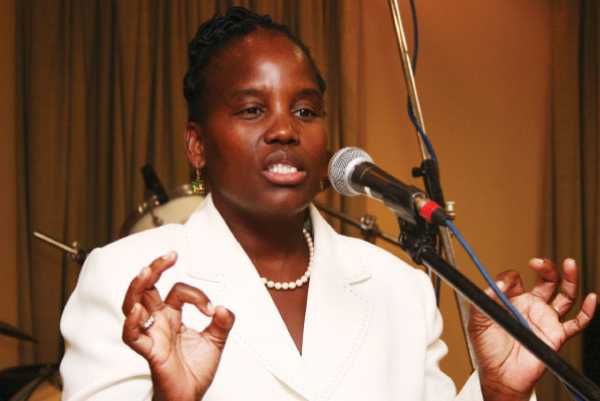Botswana, Seychelles cement education ties
The small island nation of Seychelles has pitted itself as one of the best performing countries in terms of education.
In its continued efforts to improve the education system in the country, Botswana has decided to not only benchmark on the country, but also establish partnerships with the country through local institutions, to ensure skills exchange and sharing among education facilitators, educators and students.
A Seychelles education delegation recently visited various institutions in Botswana and met with several officials to learn more about the system here and find ways to collaborate on future projects and programmes.
The Seychelles head of delegation, Jean Alcindor, said that in September last year, the Minister of Education and Skills Development, Unity Dow signed a memorandum of agreement with her counterpart in Seychelles.
At the time, the two parties agreed on the recruitment of teachers from Botswana to work in the Seychelles and for Seychelles to send to learn in Botswana. A member of the Seychelles delegation, Jean-Michel Domingue said the benchmark exercise was a study tool for them, as firstly, they were taken through the policy level of the education system before the technical side.
They visited the Botswana International University of Science and Technology (BUIST) and the Serowe Brigade. He said they appreciated the whole process as they have seen the role of the secretarial committee in fulfilling the needs of education and said he was impressed with the resources that they have seen. He added that it was a clear indication that education was being taken seriously in Botswana.
However, it is evident that more still needs to be done to improve education results and quality in Botswana. In February 2015, the 2014 Botswana General Certificate of Secondary Education Examination results released by the Botswana Examinations Council, (BEC) showed that there were 37, 384 candidates who sat for the examination. Of this cohort, candidates in full time attendance in Government schools numbered 25, 186 while 2, 936 were in full time attendance at privately owned schools.
The remaining 9, 266 were private candidates, (independent learners and students from BOCODOL as well as back-to-school candidates.) These figures represented a 3, 315 or 9.73 percent increase in the number of candidates compared to the previous year. Of the total students who sat the 2014 examination, only 5, 796 obtained Grade C or better.
This is only 25.75 percent. The rest of the candidates obtained Grade D or below. Average pass rate is below 50 percent although a large chunk of the national budget goes towards education.
A closer look at the schooling system in Seychelles:
According to a United Nations Educational, Scientific and Cultural Organisation (UNESCO) report released late last year, Seychelles is the only African country that has achieved ‘education for all’, in line with the Education For All goals 2015. The report also included statistics for 2012 (the most recent), which showed that the country had reached a literacy rate of 94 percent.
The Education for All goals include: improving early childhood care and education, ensuring that all children have access to free compulsory education, meeting the learning needs of youth, achieving a 50 percent improvement in adult literacy, achieving gender equality in education by 2015, improving overall quality of education, with special emphasis on literacy, numeracy and essential life skills.
The 2015 report also noted that education in Africa remains a challenge, especially as the primary school cycle is currently completed by less than 70 percent of African primary-aged children. The estimates are that 53 million children and youths are not in the school system. In addition to these numbers, 182 million adults are illiterate.
The free education system was effected in 1981. School is compulsory and free for all young people. Students must pay for uniforms, but not for their books or tuition. The Seychelles also introduced free tertiary education after it set up the University of Seychelles.
The Seychelles Ministry of Education is committed to building a coherent and comprehensive system of quality education and training reflecting shared universal and national values, which will promote the integrated development of the person enabling his empowerment to participate fully in social and economic development.






